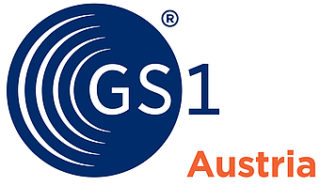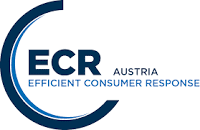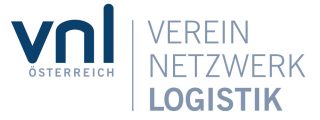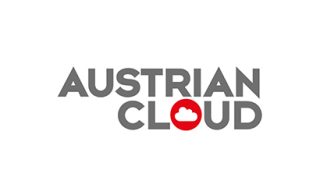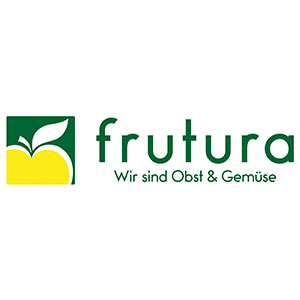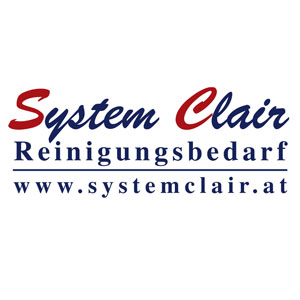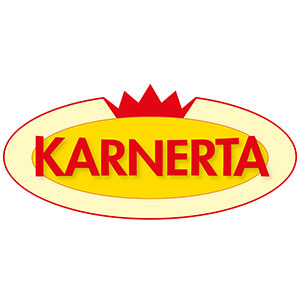Different “official languages” for e-invoices in the EU
A quick guide to successful transmission in Germany
Since 27 November 2020, German federal authorities accept electronic invoices from their contractors only. The required format is called XRechnung. Italian authorities accept only FatturaPA, Hungarian ones only System NAV, while Austrian authorities accept only ebInterface, to name just a few examples. In addition, different deadlines apply for every country. Even regional and local authorities in Germany have different deadlines. Gerd Marlovits, the CEO of the international EDI service provider EDITEL, on how to handle this situation and the transmission option he recommends to German businesses.
According to a 2019 market study by Billentis, a total of 500 billion of invoices were issued last year worldwide, 90 percent of which were still paper invoices. For many years, the EU has been very critical of this approach because it wastes resources, is inefficient, and is error-prone. Back in 2014, with the EU directive 2014/55/EU, the EU paved the way for the introduction of e-invoicing. This requirement affects all businesses that send invoices to authorities. “When transposing this directive into national law, different deadlines apply and almost every country has different invoice standards,” explains Gerd Marlovits, the CEO of EDI service provider EDITEL. Mr. Marlovits is an expert in Electronic Data Interchange (EDI). Thanks to EDITEL’s offices abroad, he is always up to date on the latest international developments.
Experiences working with e-invoices in other countries
In Austria, businesses that provide services or deliver goods to the federal government have been required to submit electronic invoices in eBInterface format since 2014. “For many years, numerous companies have relied on us to submit invoices to authorities via the eXite data hub. Upon request, we will also be happy to take care of data archiving as required by law,” said the expert. For German clients that submit invoices to the German government, EDITEL also converts data to the XRechnung format and transfers them to the authorities in question via the international PEPPOL network. “Thanks to our many years’ experience with e-invoicing to authorities in central and eastern Europe, EDITEL is in an excellent position to handle the current situation. And yet, different standards in different countries as well as different deadlines show that the full potential for e-invoices in our united Europe can only be reached with specialized expertise,” said Gerd Marlovits.
Differences even among regional and local authorities
In Germany, companies are required to submit e-invoices to federal authorities since 27 November 2020. Exceptions apply only to small invoices of up to EUR 1,000. Invoices can be submitted electronically even before the deadline because the technical infrastructure at the federal government has been in place for some time now. On a regional and local level, the situation is different. Deadlines and legal requirements can differ greatly. In some German states, e-invoicing to authorities is mandatory, while it while remain optional in other states until further notice.
Many different invoice standards in a united Europe*
- Germany: XRechnung, ZUGFeRD
- Austria: eBInterface
- Italy: FatturaPA
- France: Factur-X
- Spain: FACTURAe
- Sweden: Svefaktura
- Portugal: SaftPT
- Switzerland: ZUGFeRCH
- Hungary: System NAV
*Selected countries
The Press release „Different official languages for e-invoices in the EU: a quick guide to successful transmission in Germany“ is also available as a download.
Graphics: copyright EDITEL Austria GmbH


